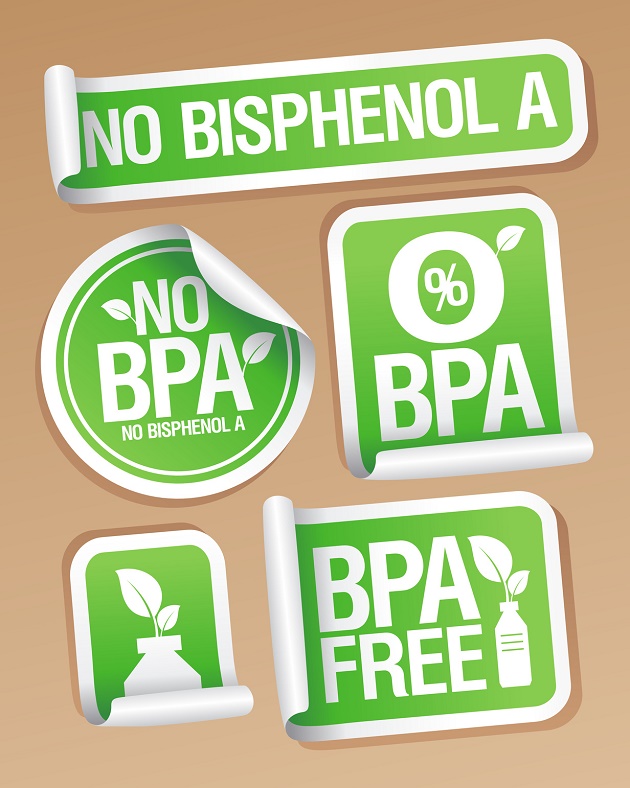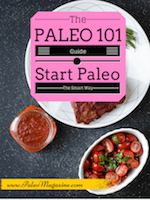Is V8 Paleo?
V8 Vegetable Juice has been a persistent presence on grocery store shelves since 1948.
Regarded by some as a convenient way to “drink your vegetables” when you’re on the go, it’s sometimes questioned as Paleo-friendly, due to its nutrient makeup, packaging, and the fact that it is a processed food.
Potential Health Concerns with V8
V8’s original version is composed of mostly water and tomato concentrate, and a reconstituted vegetable juice blend that includes the concentrate of eight vegetables: beets, celery, carrots, lettuce, parsley, watercress, spinach, and tomato.
However, the (not so) raw truth is that tomato juice comprises around 87% of the total drink, making it less of a “vegetable juice” and more of a tomato juice (from concentrate).
 The juice has also undergone pasteurization, which destroys many of the natural enzymes and bacteria.
The juice has also undergone pasteurization, which destroys many of the natural enzymes and bacteria.
Unfortunately most of the V8 available is packaged in cans lined with BPA (short for bisphenol A), a commonly-used chemical in food packaging that some studies have linked to health problems. While Campbell’s has announced a move to phase out BPA in its can linings, it has not announced a timeline for when the changes will take place. V8 cans are not yet sporting labels indicating the BPA is gone.
I tend to prefer fresh, hopefully organic, produce, and most juices in their store-bought, packaged versions fall short of that.
However, V8 is relatively low in sugar, doesn’t include many bad ingredients, and is much preferable to, say, fruit juice.
What Do Other Paleo Experts Say?
Neely Quinn says: “You don’t often find vegetable juice in stores (besides V8, but that doesn’t really count because it’s pasteurized, not organic, and full of iodized salt). But you can sure juice your own vegetables at home. Veggies are way lower in sugar than fruits, and chock full of nutrients.”
Mark Sisson says: “(It’s) Primal – it doesn’t contain added sugar or weird ingredients – but it doesn’t replace actual vegetables.
First, (there’s) the imbalanced sodium/potassium ratio. I have nothing against salt, but it’s fairly well-accepted that an imbalance between sodium and potassium intake is one of the factors involved in developing hypertension.
Second, seeing as how V8 100% vegetable juice is actually 87% tomato juice (from concentrate), it’s more accurate to say V8 provides all your tomato juice needs in a can. Which is totally fine, but it’s not an effective replacement for your celery, spinach, beet, carrot, lettuce, parsley, or watercress needs. I’m actually a fan of tomato juice, even the pasteurized, reconstituted type. Rather than render it nutritionally void, pasteurization actually increases the lycopene content of tomato products (including juice). V8 is great for tomato juice, not “vegetables.”
Third, V8 appears to contain traces of BPA, perhaps because the cans are lined with it (though a type of baby formula had more).”
Melissa Hartwig says: “(Both Clausen pickles) and V8 are fine. Those additives aren’t encouraged, of course, but they’re not one of the three (MSG, carrageenan, and sulfites) specifically prohibited on the Whole30.”
So is V8 Paleo?
Sort of.
But V8 should be called “Paleo-in-a-pinch”.
It’ll do when fresh, whole veggies aren’t available, but it shouldn’t be made a staple source of vegetables or nutrients for anyone trying to adhere to a Paleo regimen.
Images: Copyright © s_lena from Fotolia

